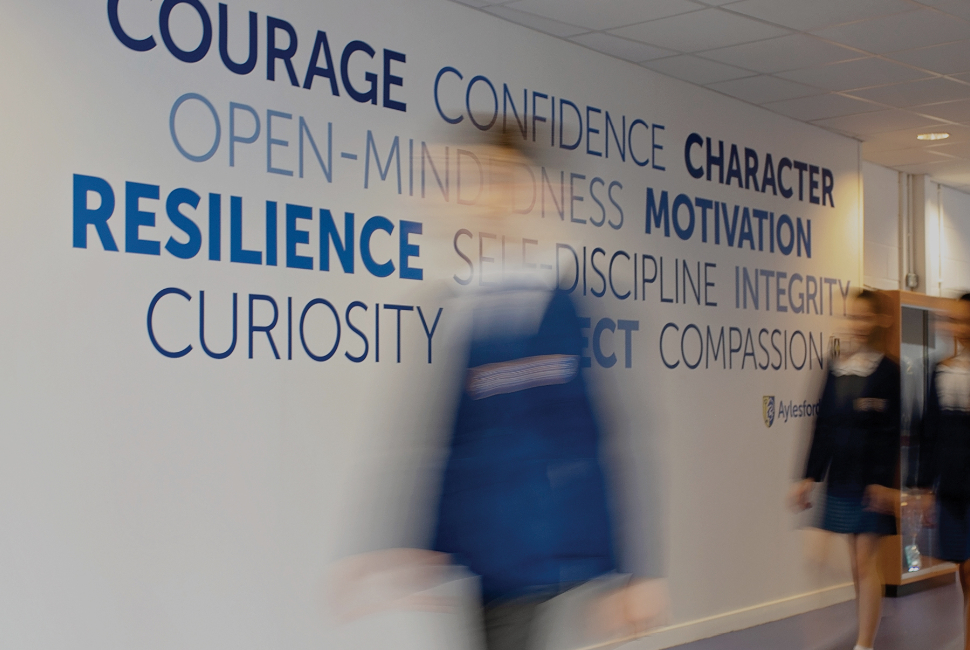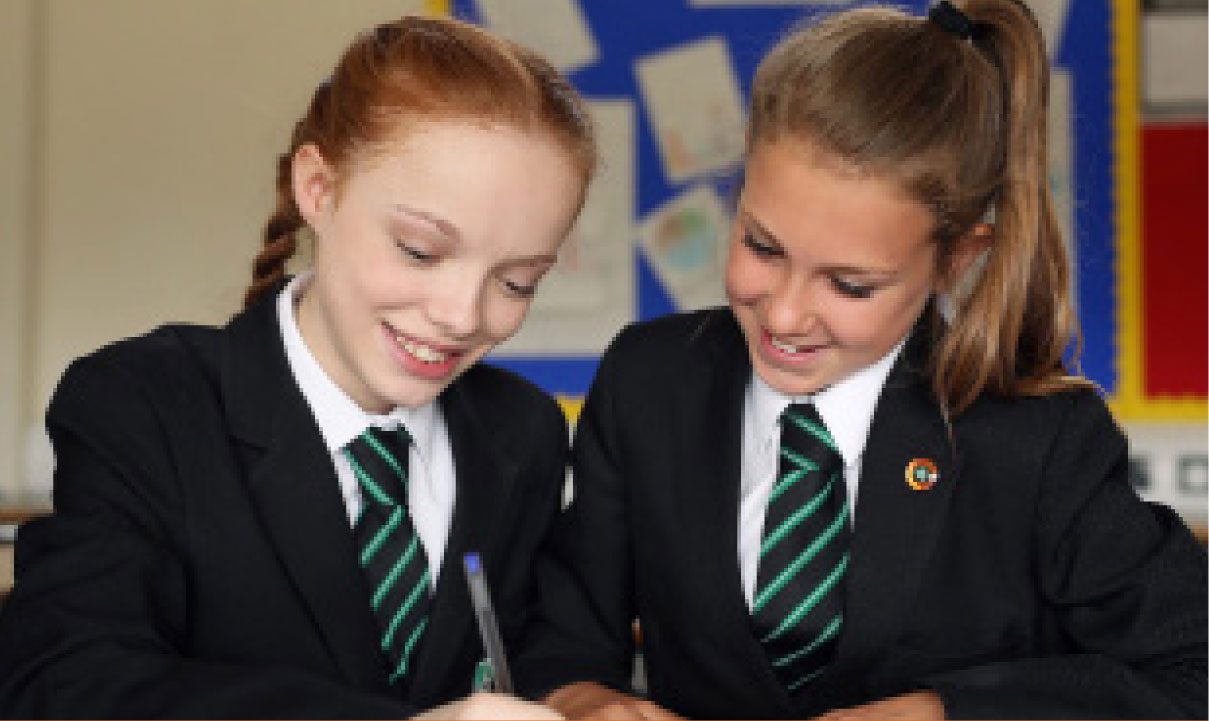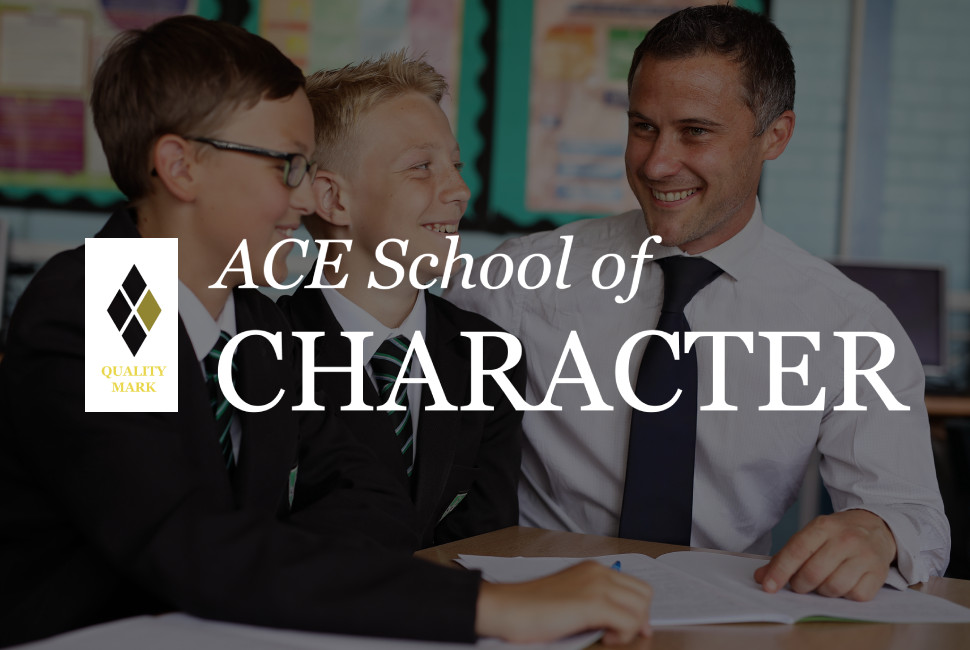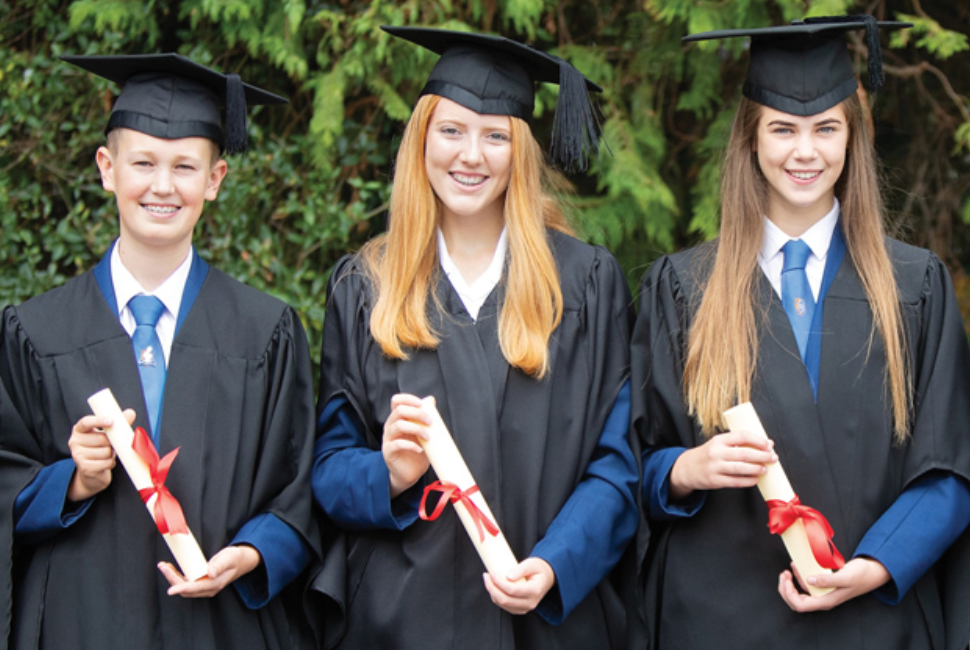The impact of collaboration between departments in school – a case study

The History departments of Aylesford School and Wrotham School have had a successful department collaboration, for the past few years. We have built a great working relationship, especially the HODs of both departments and have had many opportunities to communicate about our departments and practices. Both departments achieve some of the best exam results in their schools.
From our initial HOD meetings, it was clear that both departments have very similar curriculum structures and assessments for KS3 and KS4. Through our collaborative meetings we discovered that we both do the same GCSE exam board with some similarity in topics we teach.
From our initial HOD meetings, it was clear that both departments have very similar curriculum structures and assessments for KS3 and KS4. Through our collaborative meetings we discovered that we both do the same GCSE exam board with some similarity in topics we teach.
In our meetings we have also looked at KS3 and have noted that structurally and topically there is a great deal of overlap between the two departments as well. These similarities have allowed us to focus on sharing our different approaches and exchanging ideas to support and develop strong teaching and learning practices.
In our meetings we have also looked at KS3 and have noted that structurally and topically there is a great deal of overlap between the two departments as well. These similarities have allowed us to focus on sharing our different approaches and exchanging ideas to support and develop strong teaching and learning practices.

Sharing expertise and specialist subject knowledge
The main strength to come from our collaboration was the joint department time that we had between the two schools in our CPD sessions, as it allowed us to share expertise of our specialist subject knowledge and discuss and share our viewpoints and pedagogy. This was especially useful when the new GCSE exam specification was launched and questions on teaching and learning were paramount to this new exam series. Each department benefits from having Edexcel exam board examiners, who mark several different papers.
In our meetings we were able to identify and share vital knowledge of the papers and expectations of the exam boards, which supported and developed both our teaching and learning of topics and assessments and further supported the success of our students. This also creates great department links as new teachers from either school can visit the other department to experience different teaching environments and support teaching and learning practices to support staff morale and provide a supportive environment.
Optimising teacher planning by creating joint resources
In addition, we have also worked together in creating KS3 end of year exams, by blending our ideas, which was not too difficult as we are very similar in our assessment approaches and see the importance of embedding GCSE style questions early on in KS3.

In addition, we have also worked together in creating KS3 end of year exams, by blending our ideas, which was not too difficult as we are very similar in our assessment approaches and see the importance of embedding GCSE style questions early on in KS3.
This means we can create standardised assessments and allows for the opportunity of moderation of exams to support student progress and support departments in reducing teacher planning by creating joint resources. This is also good in support teaching morale as it has reduced workload in some areas.
This means we can create standardised assessments and allows for the opportunity of moderation of exams to support student progress and support departments in reducing teacher planning by creating joint resources. This is also good in support teaching morale as it has reduced workload in some areas.
The impact of collaboration for future senior leadership opportunities
From our HOD collaboration, we have also had the opportunity to take our working relationship further by developing and leading a ‘Thinking Hard’ academic approach to our schools through developing teaching and learning. This included leading research projects and running joint whole school CPD sessions, on applying ‘Thinking Hard’ activities into lessons.
From our HOD collaboration, we have also had the opportunity to take our working relationship further by developing and leading a ‘Thinking Hard’ academic approach to our schools through developing teaching and learning. This included leading research projects and running joint whole school CPD sessions, on applying ‘Thinking Hard’ activities into lessons.
The impact of this collaboration is seen in the way in which the ‘Thinking Hard’ principles and activities are built into each lesson across both schools, challenging and stretching all students. This collaboration has also supported our own CPD in moving toward senior leadership opportunities in the future.
The impact of this collaboration is seen in the way in which the ‘Thinking Hard’ principles and activities are built into each lesson across both schools, challenging and stretching all students. This collaboration has also supported our own CPD in moving toward senior leadership opportunities in the future






